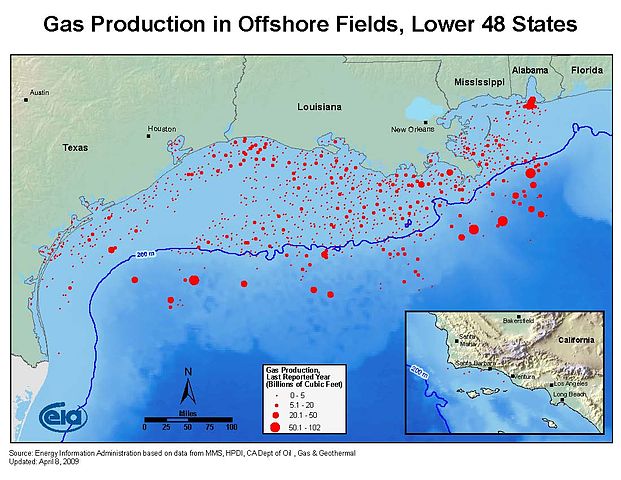
The effect of the US pulling out of the Iran nuclear agreement will not only reverberate in Iran. US companies will also feel the bite of newly imposed economic sanctions on the regime of Ali Khamenei, Iran’s Supreme Leader.
The US withdrawal from the agreement will force the US government to revoke existing licenses allowing for US companies to do business with Iran. Treasury Secretary Steven Mnuchin said on Tuesday that licenses held by Boeing Company and Airbus Group, Boeing’s European competitor, will be nullified by the US withdrawal from the agreement.
“The existing licenses will be revoked,” Mnuchin said to reporters.
The company responded by saying it will consult with the government on what their next move should be.
“As we have throughout this process, we’ll continue to follow the U.S. government’s lead,” Boeing commented.
Airbus is also dependent on licensing from the US to sell its airplanes to Iran due to the US-made parts Airbus uses in its aircraft.
There will be waivers and exemptions made under certain conditions for certain products and countries, but those conditions were not discussed by Mnuchin.
Mnuchin added that the new sanctions will also seriously limit the sale of oil by Iran, which sells about 5 percent of the world’s oil, making it the fifth largest oil producer in the world. He said that there will be a 6-month grace period to allow countries to finish up existing contracts and implement “significant reductions” in the amount of crude oil they purchase from Iran.
The secretary said he does not believe the price of oil will rise by much since he expects other countries will respond to the new sanctions with increased oil production.
Mnuchin said that the goal of the new sanctions is to force Iran to come to the table to renegotiate the Iran nuclear deal.
